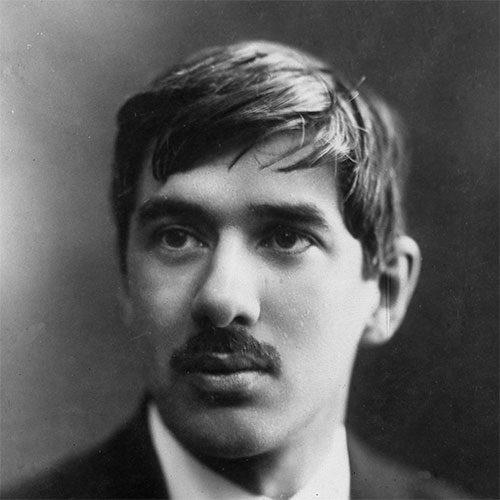
Korney Chukovsky Poems
Chukovsky, whose real name was Nikolai Vasilyevich Korneichukov, studied in the gymnasium in Odessa. From 1903 to 1905 he was the London correspondent for Odesskje novosti, the Odessa newspaper. In St. Petersburg he published a satirical magazine, Signal (1906). From 1912 to 1917 he lived in a spacious dacha in the Finnish village of Kuokkala, where he was visited by the most famous Russian writers and painters of the time. From their writings and drawings in his guest album (1914-1969), he composed an extraordinary volume, Chukokkala (1979). He brilliantly translated English folk songs and Walt Whitman’s Leaves of Grass (1907-1954) and wrote important studies of the art of translation that culminated in Vysokoe iskusstvo (The High Art) (1964).
From 1916 till today, generations of children — including most of the poets in this anthology — have been reared on Chukovsky’s poetry for children. Some readers have theorized that in one poem Chukovsky portrayed Stalin in the form of a bloodthirsty monster cockroach. Some fifty million copies of Chukovsky’s poems for children have been published. In From Two to Five, which has been issued in numerous editions and translated into many languages, he examines with joy and wisdom how children begin to talk. When Petya, the son of the compiler of this anthology, did not begin to talk for a long time, his father was in despair and asked Chukovsky’s help. Chukovsky came with a toy English steamship that emitted smoke and locked himself in a room alone with Petya. An hour later they came out and Chukovsky said: “Well, Petya, tell us why you didn’t talk for a long time.” Petya suddenly lowered his head and answered: “Because I was shy.”
In 1962 Chukovsky received the Lenin Prize for his book The Craft of Nekrasov. The same year he received an honorary doctorate from Oxford University. Chukovsky was one of the first to discover the Russian dissident Aleksandr Solzhenitsyn and give him shelter when he was in disfavor. For this anthology, Chukovsky lent his invaluable advice about choosing poets from the beginning of the twentieth century.
A brilliant pleiad of Russian poets wrote for children in this century, including S. Marshak, A. Barto, S. Mikhalkov, and B. Zakhodera. This talented guild, which produced happiness for the smaller inhabitants of the earth, is represented in this anthology by their most senior member, Chukovsky, in translation by one of his American counterparts.